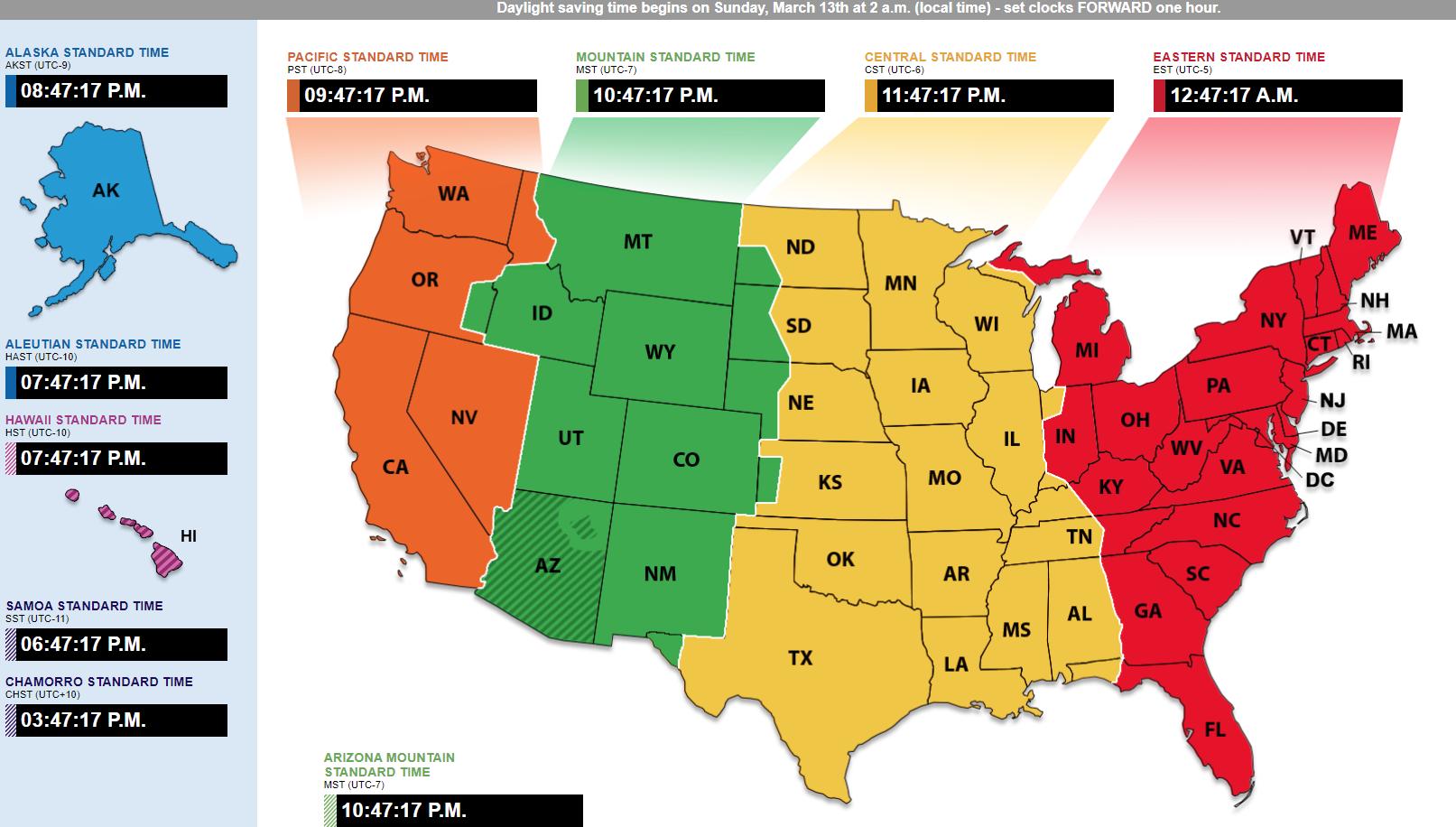Table of Contents
- When is daylight saving time? When to set clocks ahead this weekend
- Daylight savings time: US Senate approves bill to make it permanent
- Analysis: Why Congress nailed it on Daylight Saving Time | CNN Politics
- Permanent daylight saving time clears another hurdle, passing ...
- Minnesota Tiem Now Dyalgiht Savings Shop | emergencydentistry.com
- Maps Show Where Daylight Saving Leaves Cities Dark - Bloomberg
- Daylight saving time 2024: 5 facts about changing the clocks | kvue.com
- The Senate's Daylight Saving Time Move Shocked Senators
- How springing forward to daylight saving time could affect your health ...
- Permanent daylight saving unlikely to pass, relieving some Jews



A Brief History of Daylight Saving Time



The Arguments For and Against DST



